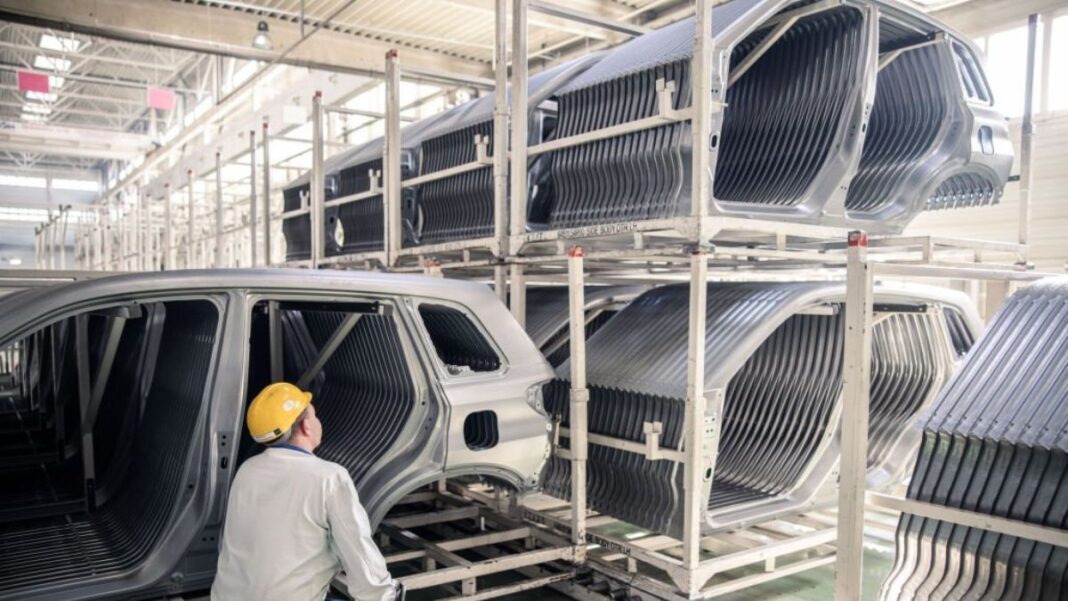Pak Suzuki Motor Company Ltd, a leading automobile manufacturer in Pakistan, has announced the temporary closure of its motorcycle and four-wheeler plants from June 22 to July 8. The decision comes in response to a shortage of parts and accessories caused by the introduction of a prior approval mechanism for importing completely knocked-down kits, implemented by the State Bank of Pakistan in May 2022.
According to a stock filing on Monday, the clearance of consignments has been adversely affected by the new import regulations, leading to difficulties in maintaining inventory levels. This has prompted Pak Suzuki to suspend production temporarily until the situation improves.
This is not the first time Pak Suzuki has faced production disruptions. The company previously kept its four-wheeler plant closed for more than 75 days between August 2022 and June 19, indicating the ongoing challenges it has encountered in the supply chain.
Relevant Read: Honda Atlas Cars Limited Faces Challenges as Civic Sales Plunge
In terms of sales, Pak Suzuki reported 2,958 vehicles sold in May 2023, showing an improvement compared to 1,474 units in April 2023. However, overall sales for the 11-month period of the fiscal year 2022-2023 recorded a significant decline of 54% to 62,354 units, compared to 134,270 units during the same period in the previous fiscal year.
The restrictions on opening fresh letters of credit (LCs) imposed by the State Bank of Pakistan have also had an adverse impact on the arrival of completely knocked-down kits imported by local assemblers. In the 11-month period of the fiscal year 2022-2023, the value of imported kits fell by 54% to $712 million, compared to $1.558 billion during the same period in the previous fiscal year.
Pak Suzuki’s temporary plant closure and the challenges faced by the automobile industry due to import restrictions highlight the need for a balanced approach to ensure a steady supply of parts and components. The company and other industry stakeholders are working to address these issues and restore production levels to meet the demand of customers in Pakistan’s automotive market.


















